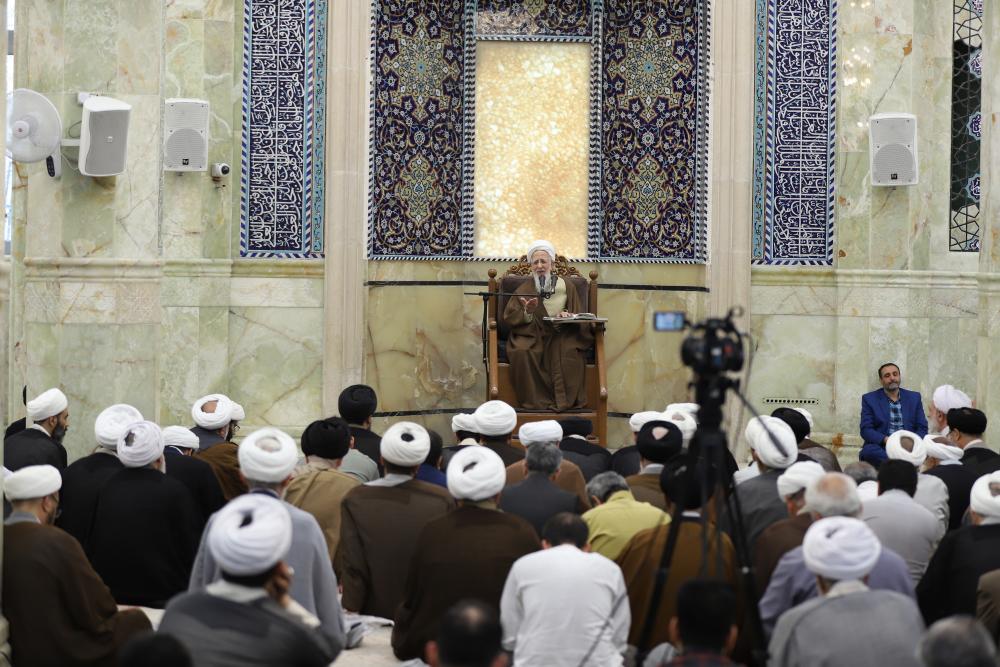In this session, Grand Ayatollah Javadi Amoli regarded patience and hope as key virtues emphasized in the verses and narrations, reminding that God's promise to lead the patient to their destination is certain.
He stated: Amir al-Mu'minin (The Commander of the faithful) says in Wisdom 153:
«لَا يَعْدَمُ الصَّبُورُ الظَّفَرَ، وَ إِنْ طَالَ بِهِ الزَّمَانُ»،
"The patient one will never lack victory, even if the time is prolonged." A patient person never becomes hopeless and will certainly reach their goal and destination, even if a long time passes.
His Eminence introduced patience as a triangular concept that includes choosing a wise goal, recognizing the direct path, and waiting wisely to reach the destination.
He explained: Patience consists of this triangle: someone who has a wise and rational goal (one), identifies the direct path with the light of guidance and is on the journey (two), and is waiting to reach the destination (three). Such a person is neither aimless, nor motionless, nor hopeless.
His Eminence, referring to the difference between hope and desire, addressed the virtue of hope, stating: Hope and expectation are purposeful and accompanied by action, whereas desire is aimless and devoid of action. Desire without a goal and effort deprives an individual. Therefore, action and having a goal are presented as two essential elements for patience and hope.
Ayatollah Javad Amoli further elaborated on the wisdom of Nahj al-Balaghah, Hadith 154:
« الرَّاضِي بِفِعْلِ قَوْمٍ كَالدَّاخِلِ فِيهِ مَعَهُمْ، وَ عَلَى كُلِّ دَاخِلٍ فِي بَاطِلٍ إِثْمَانِ، إِثْمُ الْعَمَلِ بِهِ وَ إِثْمُ الرِّضَى بِه»
“He who is pleased with the actions of a people is like one who is with them in their actions, and upon every person who gets involved in falsehood, there are two sins: one, the sin of the action committed, and the other, and the other is the sin of being pleased with that action.”
His Eminence pointed out the responsibility of individuals within groups and organizations, stating: An individual has a limited responsibility in personal matters. However, when one joins an organization or group, their responsibility towards the goals and actions of that organization significantly increases. If someone enters a group with incorrect goals without awareness, or even if they are merely satisfied with it, two sins will be upon him: the sin of the heart (heartfelt satisfaction) and the sin of action (cooperation with that group).
He expressed that heartfelt satisfaction means accepting the goals and methods of a group. Even if a person does not apparently cooperate, but is satisfied in his heart, this itself is considered a sin.
In another part of his speech, His Eminence emphasized the importance of commitment and adherence to covenants, stating that his holiness, Imam Ali (peace be upon him) highlighted the significance of this commitment, particularly in international and political relations noting that humans should be like strong stakes that neither tremble nor allow others to do so. In all transactions, as well as social and political relationships, the principles of commitment must always be upheld.
He stressed that even in times of war, as long as the polytheists have not broken their covenants, Muslims should not violate those agreements either. This approach is recognized as one of the international laws of Islam, and upon which the order of society is founded. Economic, political, and commercial relations must be conducted carefully and based on mutual commitments. Individuals should remain steadfast in their obligations, like strong pillars, and should not allow their relationships to deviate from the path of truth.
In conclusion, His Eminence highlighted the importance of Nahj al-Balaghah and referred to the value of Imam Ali’s sermons (peace be upon him), considering it a treasure of divine knowledge and a practical interpretation of the Quran.

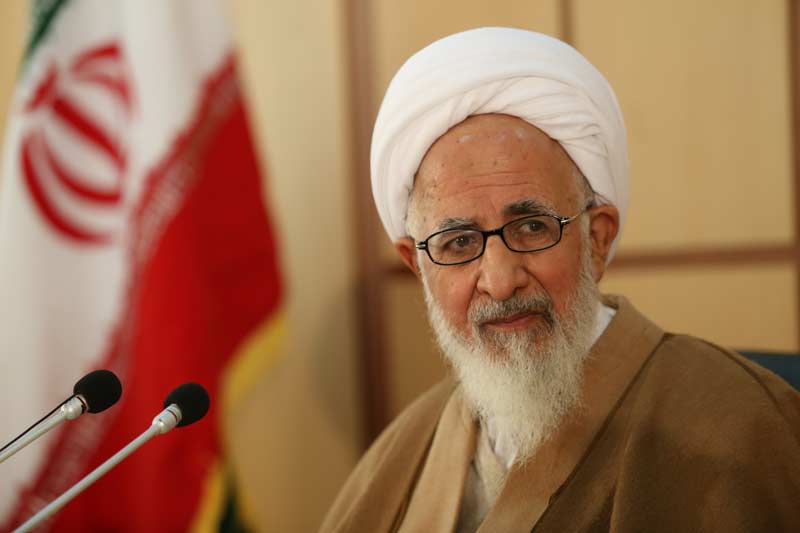


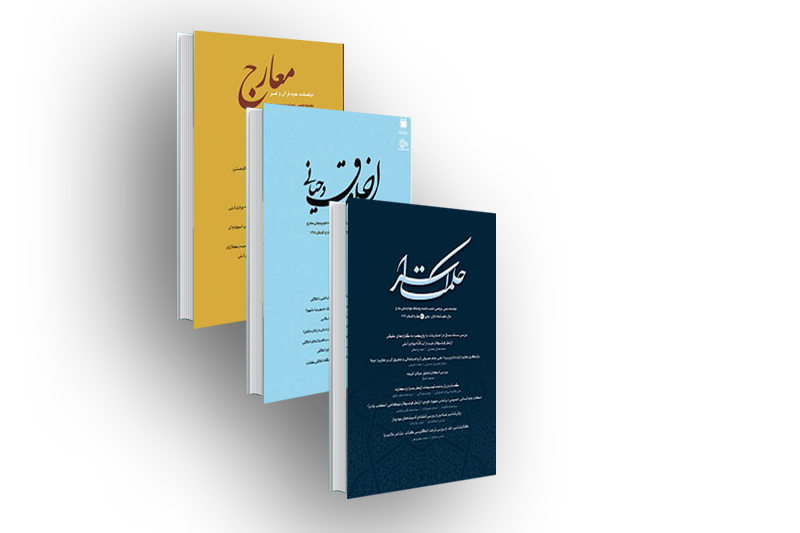


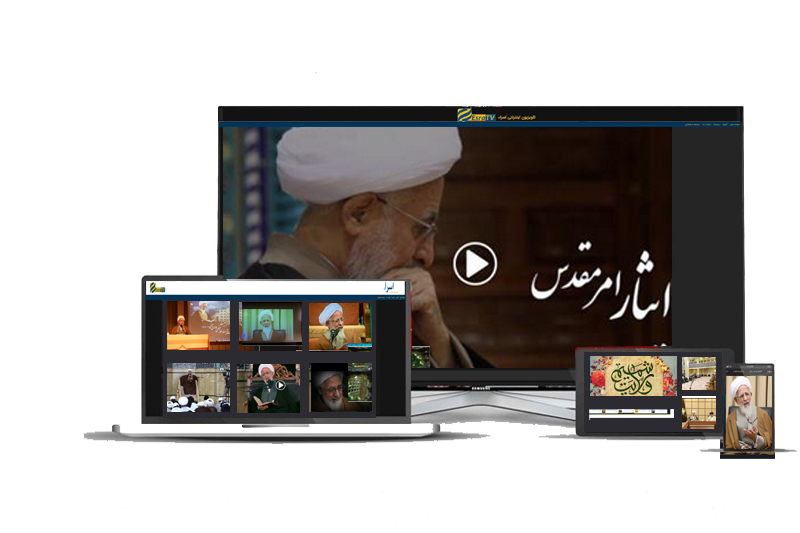
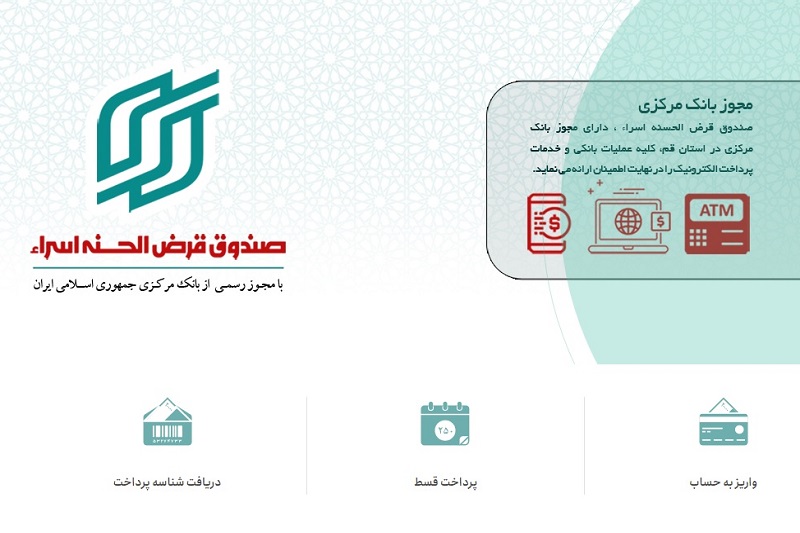

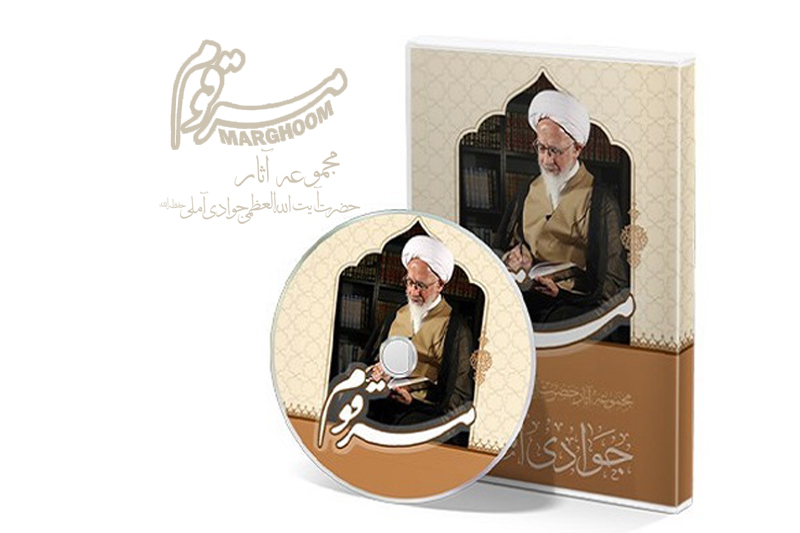
 Esra Publishing Center, the exclusive publisher of Ayatollah Javadi Amoli's works, started working in 1993; Among the missions and duties of the center are the production of written works with the desired and standard quality, fast and timely supply at the right price and supporting the products, providing easy, fast and low-cost access to the products for the domestic and foreign audiences, attending domestic and foreign international exhibitions, ….
Esra Publishing Center, the exclusive publisher of Ayatollah Javadi Amoli's works, started working in 1993; Among the missions and duties of the center are the production of written works with the desired and standard quality, fast and timely supply at the right price and supporting the products, providing easy, fast and low-cost access to the products for the domestic and foreign audiences, attending domestic and foreign international exhibitions, ….

